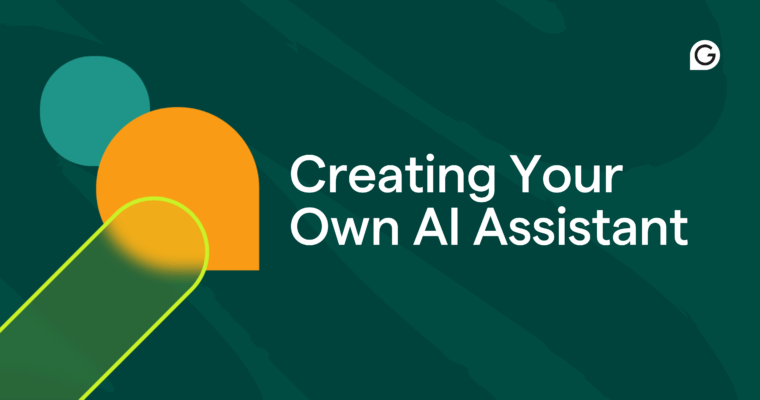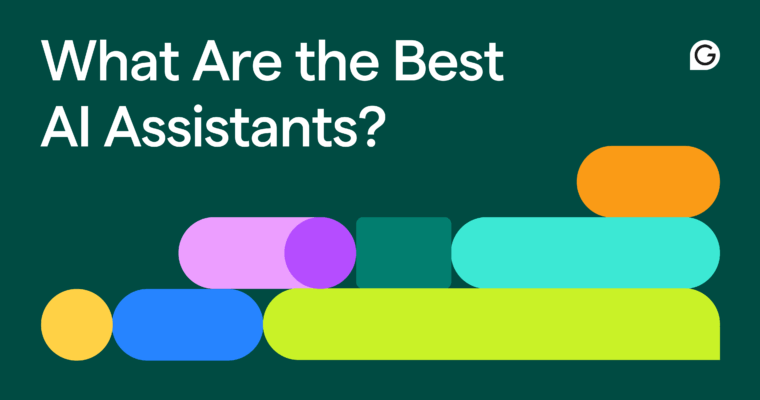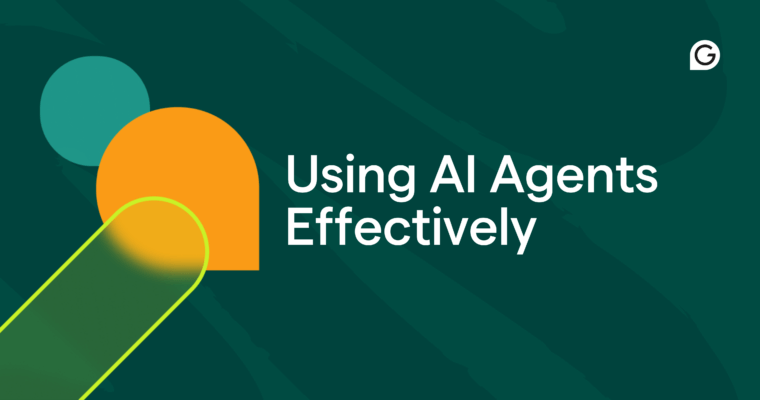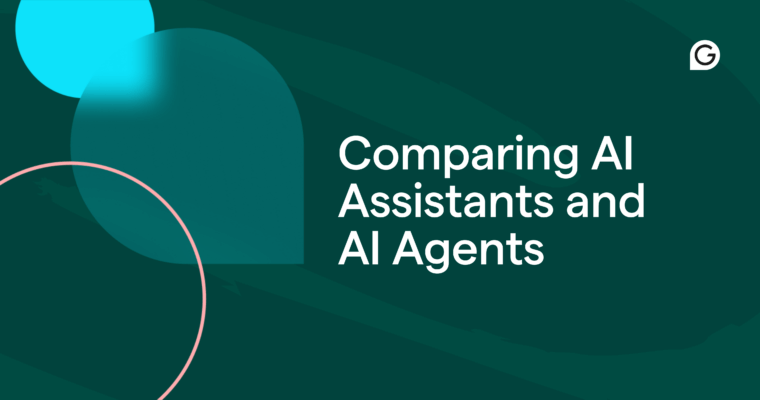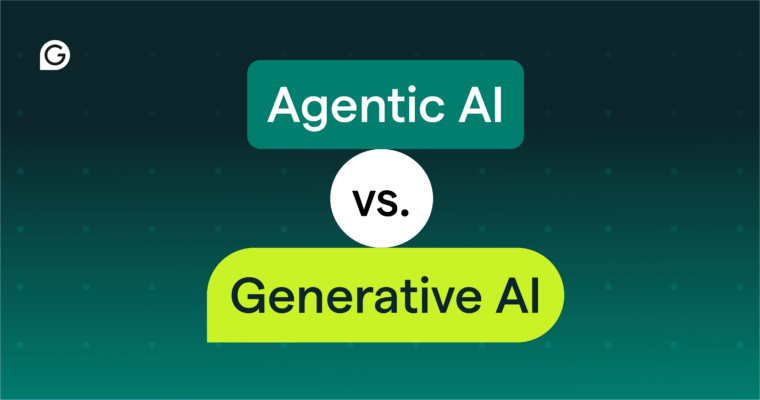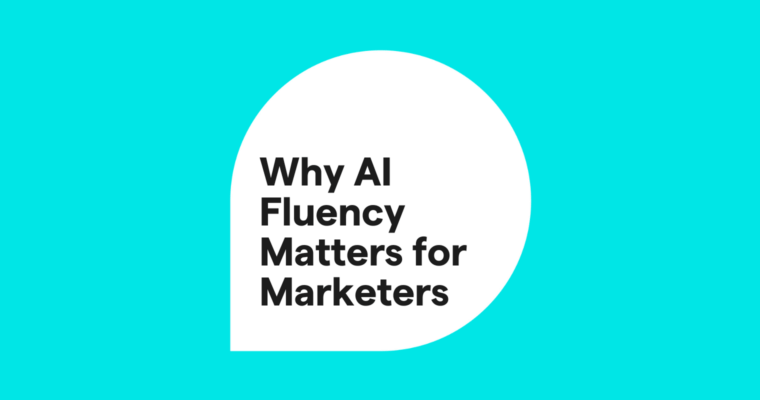
In the fast-paced world of marketing, staying ahead means leveraging every tool at your disposal. Artificial intelligence (AI) is revolutionizing the marketing landscape by not just automating tasks but also empowering teams with sophisticated strategies that harness machine learning, natural language processing, and predictive analytics. Marketers have been at the forefront of AI adoption, with approximately 86% using AI technology in their daily operations, according to Grammarly’s fourth annual report, The Productivity Shift: AI and the Modern Marketer.
Despite this enthusiasm, only 5% of marketers consider themselves truly fluent in AI, highlighting a significant gap between basic adoption and deep, strategic integration. As early adopters, marketers have a unique and powerful opportunity to not only improve their own practices but also lead the charge toward comprehensive AI fluency across their organizations.
Why AI fluency matters for marketers
AI fluency goes far beyond familiarity or sporadic tool use. It entails deeply understanding and strategically embedding AI into marketing workflows, content production, creative processes, and strategic decision-making. AI fluency means transforming AI from a tool into a strategic partner that can help you gain a competitive edge.
Currently, marketers lag behind other professionals in AI fluency, with just 5% reporting true mastery compared to an average of 13% among other knowledge workers.
Marketers face significant productivity challenges in today’s workplace. Grammarly’s research indicates that they lose almost 5 hours weekly due to inefficient communication and an additional 7.5 hours on tasks described as performative or nonessential.
AI combats these inefficiencies, empowering marketers to focus on what truly matters: building relationships, crafting compelling narratives, and driving business growth.
Common use cases of AI in marketing
While AI fluency remains low, most marketers consider themselves either AI familiar (49%) or AI literate (32%). These groups are just scratching the surface of AI in daily marketing workflows. Here are a few common AI use cases among marketers:
Creating short-form external content
Almost half of marketers—45%—use AI tools to quickly generate engaging short-form content for platforms such as social media, email, and online advertising. With many marketers supporting dozens of social media posts, ads, and emails each month, AI is a powerful tool to get more done.
Generating ideas
Up to 44% of marketers leverage AI-powered brainstorming tools to generate ideas. These tools can analyze vast amounts of data, identify patterns, and suggest creative concepts to spark inspiration for marketing content and campaigns that might be overlooked.
Enhancing communication
Around 40% of marketers use AI to enhance their messaging for internal and external audiences alike. AI writing partners refine messaging clarity, tone, and style to better resonate with target audiences, increasing collaboration, alignment, and engagement.
By analyzing data and understanding audience preferences prompted by marketers, AI can help marketers craft messages that speak directly to consumers’ needs and desires.
Streamlining editing
Lastly, 38% of marketers use AI-based editing tools to enhance content quality by quickly identifying and correcting grammatical errors, readability issues, and inconsistencies.
While these applications show successful initial adoption and a basic understanding of AI’s capabilities, marketers have many opportunities to further expand AI applications and deepen their integration.
Gaps in AI usage
Despite significant adoption in certain areas, marketers have yet to fully harness AI’s capabilities in several critical domains, indicating an opportunity for greater fluency.
Long-form content creation
Few marketers leverage AI for long-form content such as blogs, white papers, and reports. According to our research, less than one-third of marketers use AI for this kind of content creation. However, advanced AI capabilities can significantly streamline long-form content creation, increasing productivity and scalability without sacrificing quality.
This reluctance often stems from a misconception that AI-generated content lacks depth or originality. With proper guidance and refinement, AI can be guided to create high-quality, informative, and engaging content.
Internal communications
AI tools designed explicitly for enhancing internal communications are underutilized. Less than 30% of marketers use AI communication tools to draft and respond to messages. AI can help automate responses, summarize discussions, and ensure important information is communicated effectively to entire teams.
Content editing and refinement
While basic AI editing is widely adopted, advanced AI tools that fine-tune for brand consistency, tone, engagement, and impact remain underused. Using AI tools that understand brand guidelines and organizational information can enhance content effectiveness and ensure consistency across multiple marketing channels.
Areas for strategic AI integration
Teams with strong, specific prompt writers and a willingness to refine AI outputs will be the first to fully harness these powerful tools. Marketers can take several actionable steps to advance from basic adoption toward genuine AI fluency.
Integrate AI across workflows (beyond just writing)
Don’t limit AI use to just copywriting. Integrate it into every stage of your marketing strategy—from brainstorming and content creation to data analysis and campaign implementation. Marketers can uncover innovative approaches and optimize their results by actively seeking opportunities to leverage AI throughout the entire marketing process.
Continuous experimentation and process refinement optimize AI use. For example, AI-driven analytics can reveal competitor strategies and market opportunities, helping marketers make informed decisions and stay ahead of trends. Leveraging AI in marketing workflows enables it to learn from outcomes and improve future efforts.
Regularly upskill your marketing teams with training and skill development workshops to update them on the latest AI trends, best practices, and emerging technologies. Investing in ongoing education and development will ensure your marketers have the knowledge and skills to leverage AI effectively.
Prioritize AI for internal and external collaboration
Use AI tools to improve internal communications and external customer interactions. AI allows marketers to deliver hyper-personalized content tailored to individual preferences and behaviors, significantly increasing customer satisfaction, engagement, and conversion rates.
AI communication assistants, like Grammarly, help teams communicate internally by reducing miscommunications, enhancing clarity, and summarizing messages. By helping everyone communicate effectively, marketing teams can save up to 8 hours per week, or 20 working days each year.
Leverage AI for consistent brand messaging across channels
Your brand voice is one of your company’s most powerful assets. But keeping it consistent everywhere, every day? That’s a challenge, especially at scale. That’s where strategic AI integration comes in.
AI tools like Grammarly ensure every marketing message—whether a campaign asset or customer email—follows your brand’s unique tone and voice and aligns with your brand compliance guidelines.
Conclusion
Marketers are leaders in AI adoption, but they stand to benefit from increasing their AI fluency. Business leaders face a choice: They can wait for change or act boldly to shape the future. By fully integrating AI into their marketing strategies, companies can move from basic use to innovative transformation.
To explore further strategies, gain detailed insights about marketing’s AI use, and discover practical AI applications, read Grammarly’s latest annual report, The Productivity Shift: AI and the Modern Marketer.

